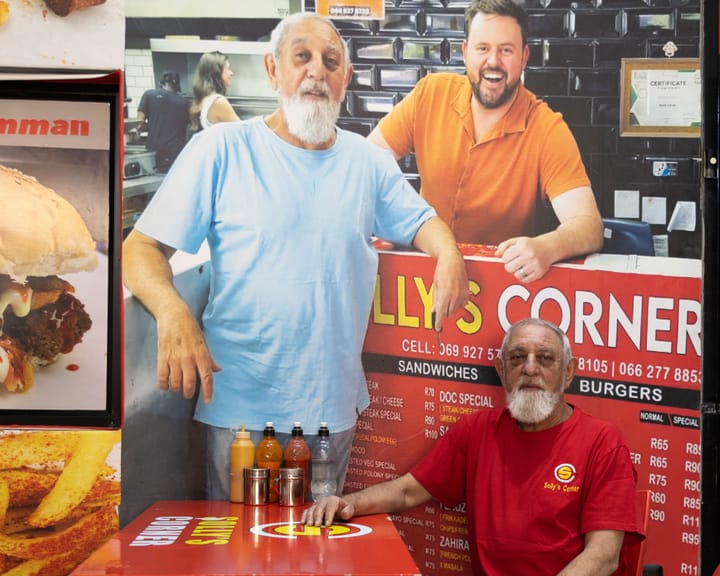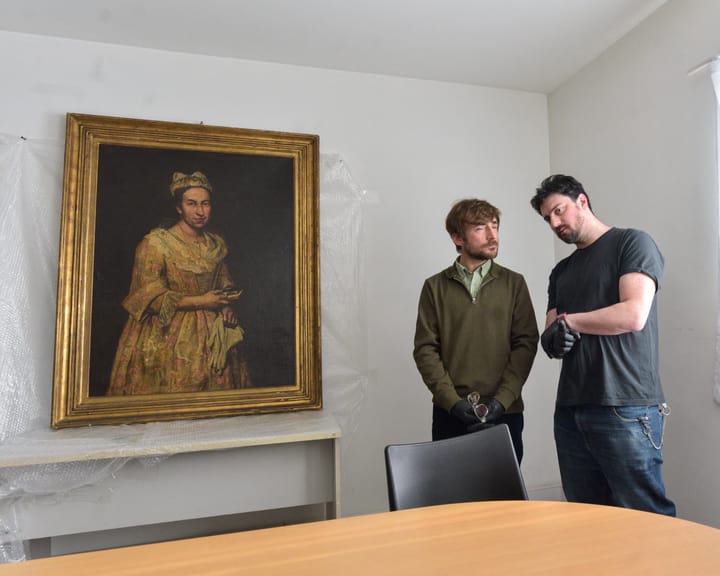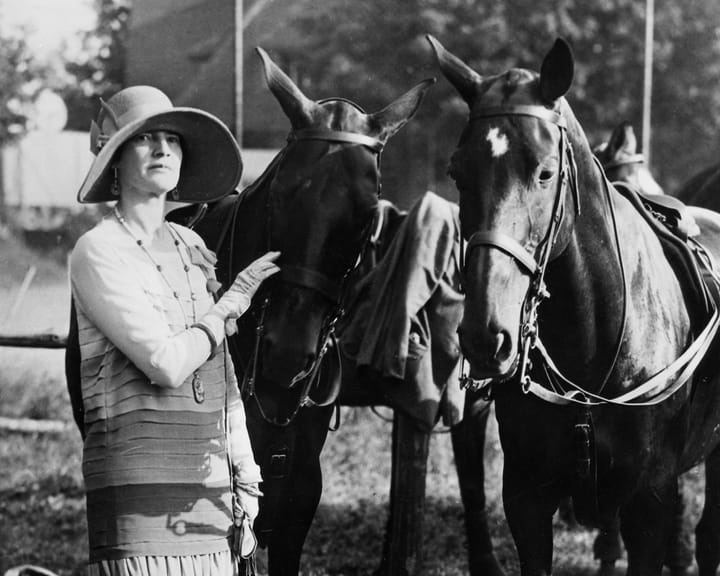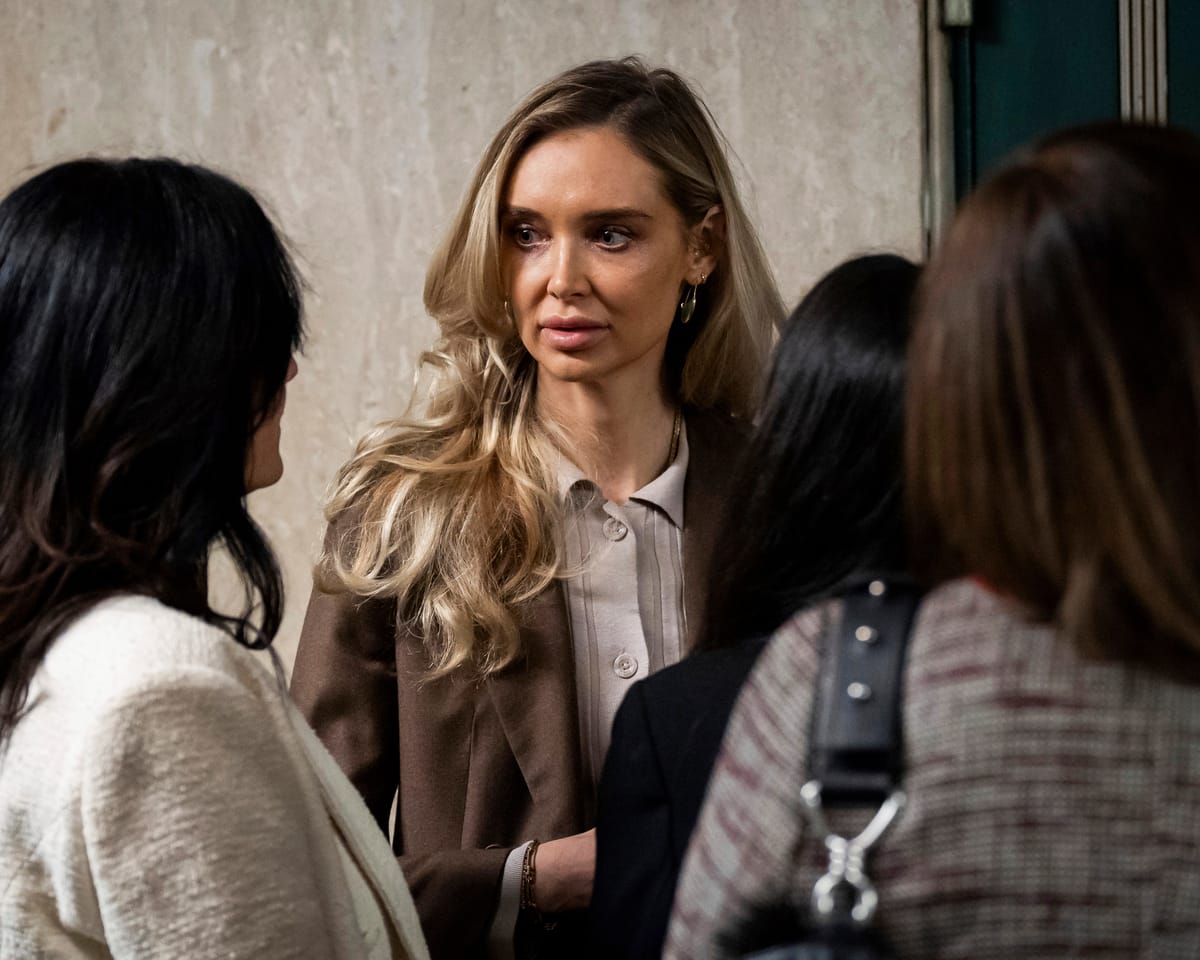Victims of sexual offenses and harassment linked to the #MeToo movement have faced challenges in the U.S. in recent months.
Harvey Weinstein, the former film producer, is now facing a third trial on sexual assault allegations after earlier court proceedings yielded uncertain outcomes for those who accused him. In another prominent case, the rapper Sean Combs was convicted on minor charges, while more serious accusations of racketeering and sex trafficking did not result in a conviction.
Meanwhile, some men accused of sexual misconduct or harassment have regained public visibility—Donald Trump holds political office, comedian Louis CK is performing on a national tour, and former New York governor Andrew Cuomo is campaigning for mayor.
For Kaja Sokola, the youngest person to accuse Weinstein of assault, this is a difficult time to come forward.
“I think these developments are setbacks for #MeToo, and speaking out remains crucial,” she told CuriosityNews. “For anyone experiencing abuse, the most important message is that justice doesn’t always come from a courtroom—but you should still share your story.”
Sokola is familiar with the limitations of the legal system. She alleges Weinstein assaulted her twice—in 2002, when she was 16, and in 2006, when she was 19. Now 39, she testified about the 2006 incident during June’s trial, describing how Weinstein took her to a hotel after a meeting.
The jury determined there was insufficient evidence to convict Weinstein regarding Sokola’s accusation, though he was found guilty of assaulting Miriam Haley. Deliberations were inconclusive regarding Jessica Mann’s allegation, which may now be retried.
Manhattan District Attorney Alvin Bragg expressed regret over the verdict in Sokola’s case, commending her for her courage.
“Prosecutors rely on the bravery of survivors to seek accountability,” he said, noting the case centered on a “severe power imbalance.”
Sokola has reflected on her experiences since then. Her sister provided personal writings from a rehab stay during which Sokola, treated for alcoholism and bulimia, did not mention Weinstein among other abusers. The two no longer communicate.
“I feared his legal team could discredit me, so I didn’t include it in writing,” Sokola explained. A former friend also testified that she had previously interacted with Weinstein, complicating her account.
“Ultimately, the trial showed that those who believed they were above consequences may not be,” she said. “I don’t regret speaking out, but the jury’s decision was beyond my control.”
Read next

"TikTok star highlights political power of South Africa's unsung culinary treasures"
Solly’s Corner, a popular eatery in downtown Johannesburg, was busy. Pieces of hake and crisp fries crackled in the fryer, green chillies were chopped, and generous amounts of homemade sauce were spread onto filled sandwiches.
Broadcaster and food enthusiast Nick Hamman stepped behind the counter, where Yoonas and Mohammed

Nazi-looted 18th-century portrait found in Argentina after 80 years
There was nothing particularly unusual about the middle-aged couple living in the low, stone-covered villa on Calle Padre Cardiel, a quiet street in the tree-lined Parque Luro neighborhood of Mar del Plata, Argentina’s most well-known coastal city.
Patricia Kadgien, 58, was originally from Buenos Aires, roughly five hours north.

"An aristocrat hid her Jewish lover in a sofa bed amid daring acts of German resistance to the Nazis"
Resistance in the Shadows: Germans Who Defied the Nazis
Growing up, our home had a steadfast rule: nothing German was permitted. No appliances from German manufacturers in the kitchen, no cars from German automakers in the driveway. The decree came from my mother. She was not a survivor of the

